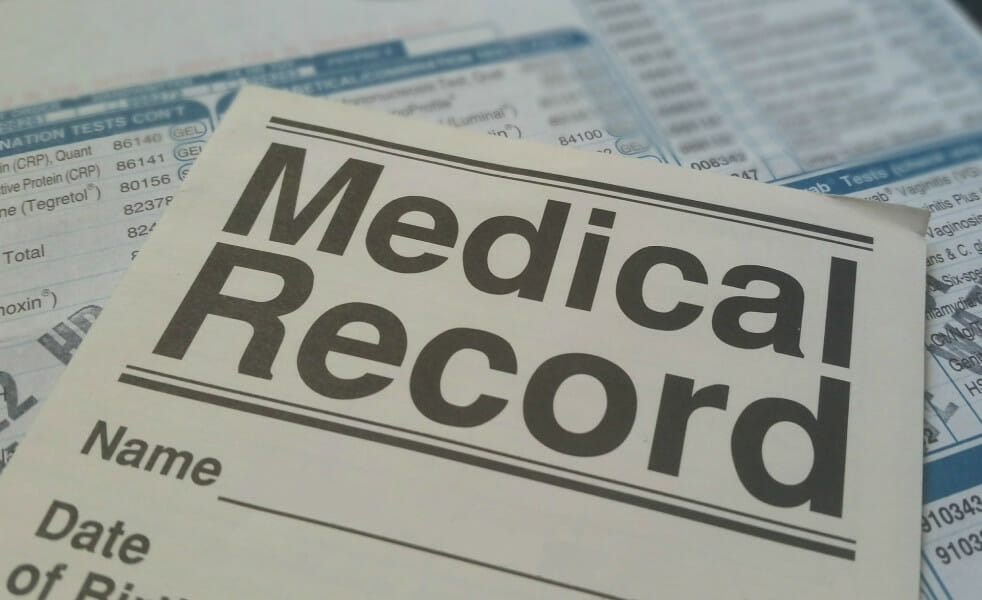How To Prevent Yourself From An Illegal Leak Of Sensitive Data From Medical Practices
Illegal capture of sensitive data through the Internet is one of the most popular ways to access secure information from medical practices. These types of attacks occur when someone tricks into providing login credentials or when a fake website is visited that installs malicious software. To combat this risk, medical billing and credentialing services providers must have the latest information to prevent a phishing attack.
Physicians are particularly vulnerable to data breaches. “Between 2009 and 2019 there have been 3,054 healthcare data breaches”. Many of the malicious software programs that hijack data were created specifically to target healthcare facilities and compromise on confidential information on their systems.
Preventing data breaches is a top priority for organizations of all sizes, in all industries. A leak of sensitive information – whether it’s personal information like payment card and Social Security numbers, or proprietary information like intellectual property or financial forecasts – can have dramatic consequences. A person whose personal data has been stolen is at increased risk of identity theft and another misuse, and organizations that experience a cyber-security incident are likely to be fined for non-compliance and harmed. Other financial sanctions, as well as losing market share and seeing their reputation damaged.
Every organization should have a written information security policy covering all aspects of data processing in its network: what data can be collected, how it should be managed, the retention of each type of data, the level of security checks required for each type of data, etc.
To enforce this policy, you need an automated data discovery and classification solution. By identifying all the sensitive information that you create, process, and store and classify it by type, you will be able to protect it based on its value and sensitivity.
Data encryption is an often overlooked security best practice, yet it is incredibly effective because it makes stolen data unusable for thieves. Encryption can be software or hardware. It is essential to encrypt data at rest and in transit; make sure that all portable devices that may contain sensitive data are encrypted.
Only authorized personnel should have access to confidential data. By rigorously applying the principle of least privilege (limiting the access rights of each employee, contractor, and other users to the minimum necessary for their work), you minimize the risk of malicious internal users or hackers compromising an account.
Periodic security audits allow you to assess the effectiveness of your security controls and identify security risks. Experts recommend performing audits at least twice a year, but it can be more frequently, for example, quarterly or monthly. In addition to improving security, internal audits help prepare you for compliance audits. Auditing software is an invaluable asset in streamlining the internal and external audit processes.
Your security strategy should include vulnerability management. List all the resources in your IT infrastructure, such as servers, computers, and databases, and assign a value to each one. Then, identify vulnerabilities and threats to each resource using techniques such as vulnerability scanning and penetration testing. By evaluating the likelihood and potential impact of each risk, you can prioritize mitigation actions for the most severe vulnerabilities that affect your most valuable resources.
How To Ensure Data Protection With Your Billing Partner
In the medical field, the delegation of billing to a third party (outsourcing) is frequent and has several economic advantages. Outsourcing aims to increase the efficiency of a task. Beyond these benefits, the outsourcing of medical billing also raises practical questions in terms of data protection and preservation of medical confidentiality. Indeed, the use of this data for purposes other than those provided for in the contract between the healthcare professional and the patient may be illegal.
To be compliant, the outsourcing contract must include provisions on data protection and data security. Among these provisions, we will at least consider integrating:
- An assurance from the billing partner that it will respond to any requests from individuals relating to their data
- Require the prior consent of the healthcare professional or the hospital in the event of subcontracting by the supplier
- Precisely describe the purpose of the collection and indicate what personal data is used;
- an obligation for the supplier to guarantee the implementation of technical and organizational measures to secure the data
- Inform the healthcare professional in advance of any transfer to a third party, including a right of objection, and provide him with the relevant information, such as the identity of the third party and the location of the datacenter.
- In the case of a subcontractor, to guarantee that they commit to the same contractual and legal conditions as the supplier.
- Include a provision to regulate such transfer of personal data to a third party. When the third country does not guarantee an adequate level of protection to process the data, the contract must also include the obligation.
Anyone who communicates personal data abroad must examine in each case whether the person’s personality is not threatened. In other words, a doctor who communicates personal data abroad must check whether the country in question has data protection
The patient must be fully informed and consent to it without any pressure. Full information was provided to the patient before the transfer of this data, as well as the legal basis for the collection.
















